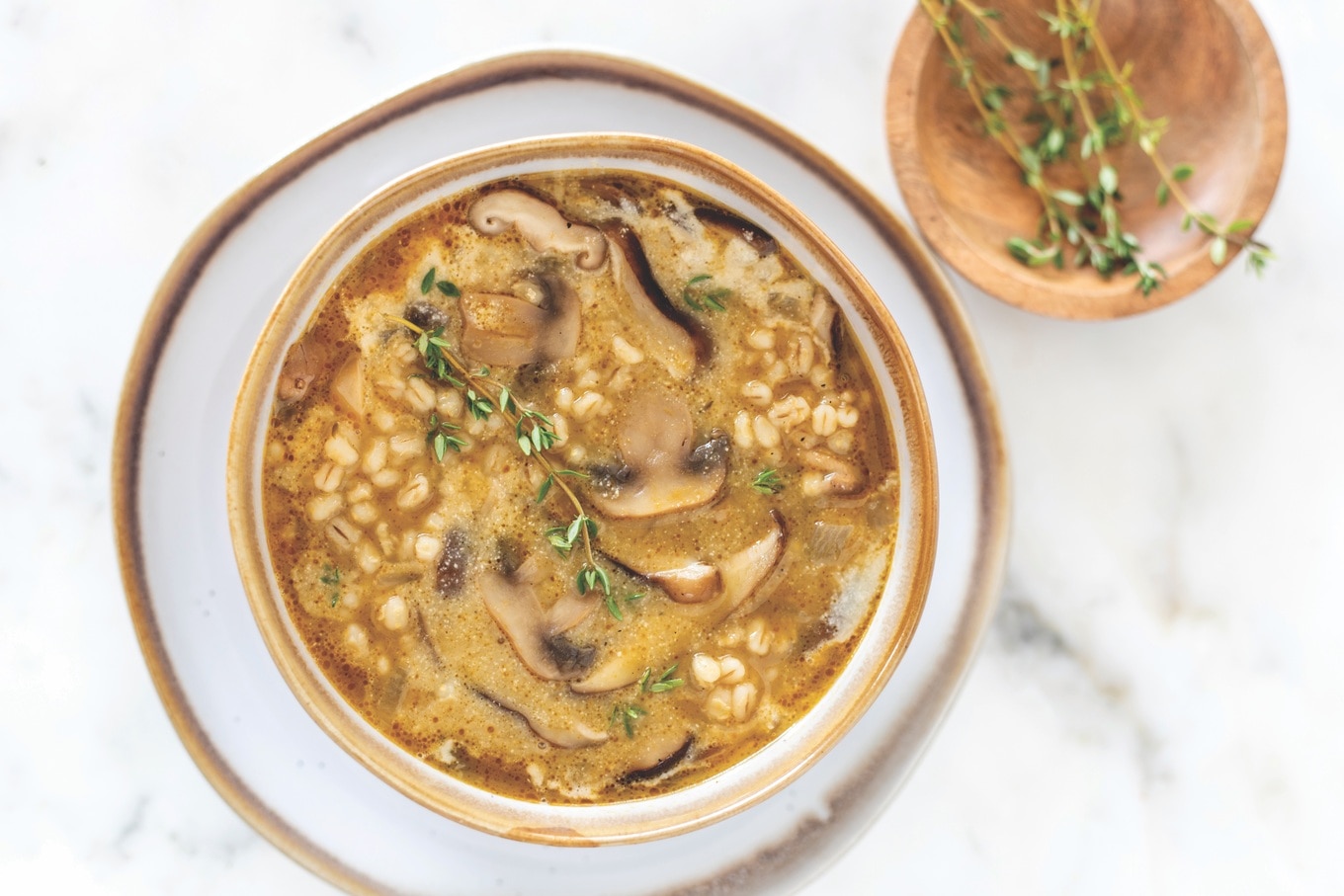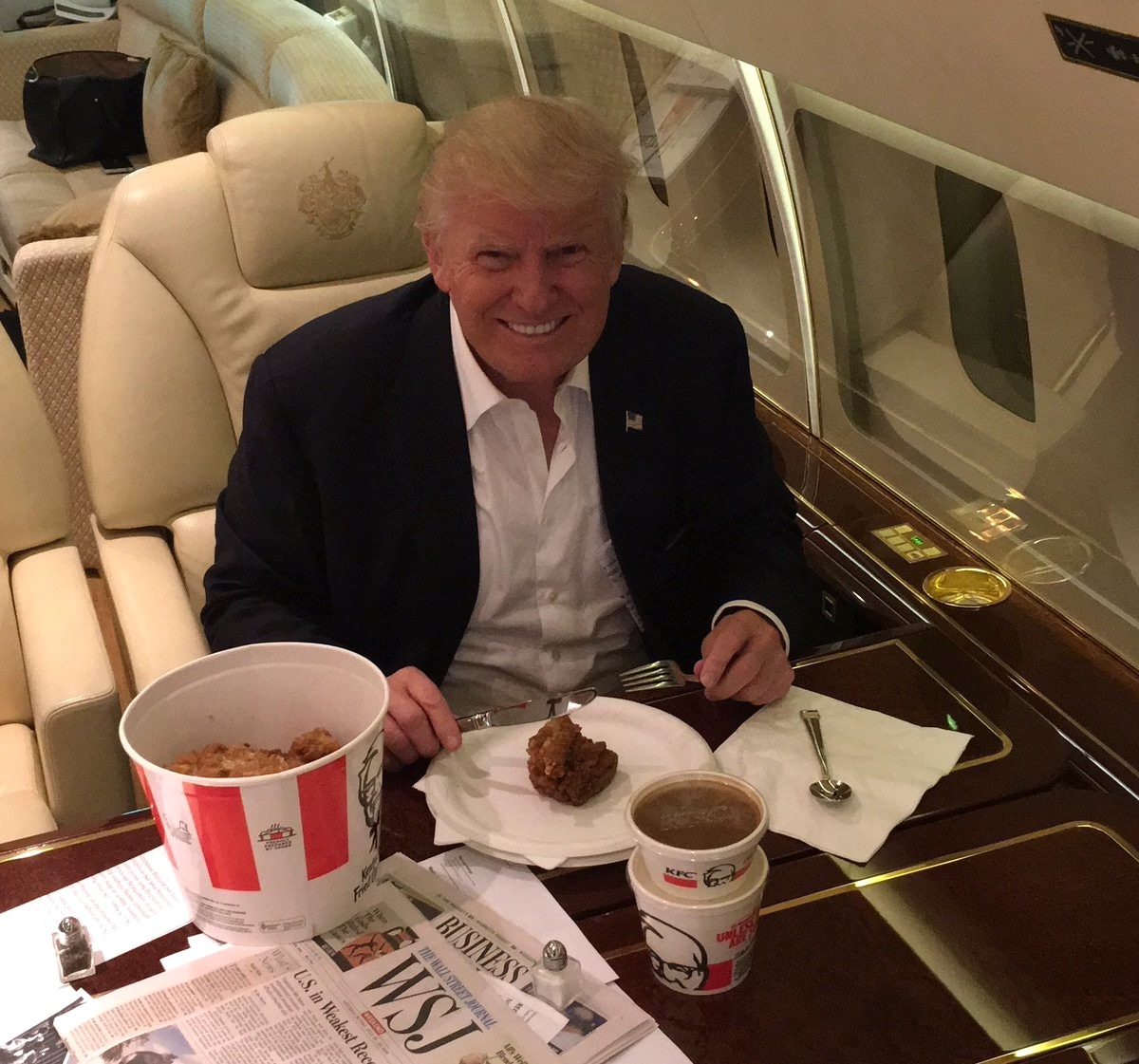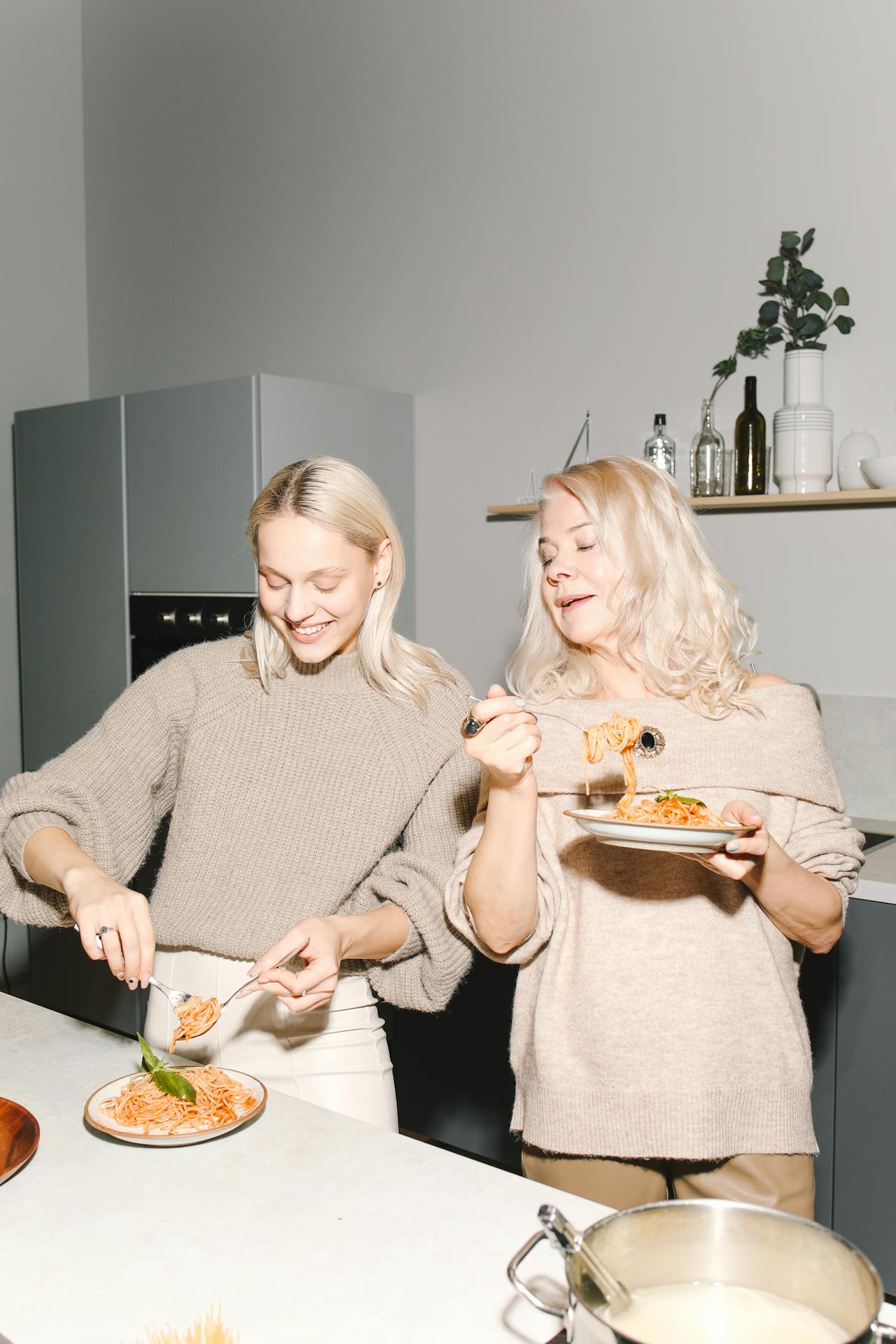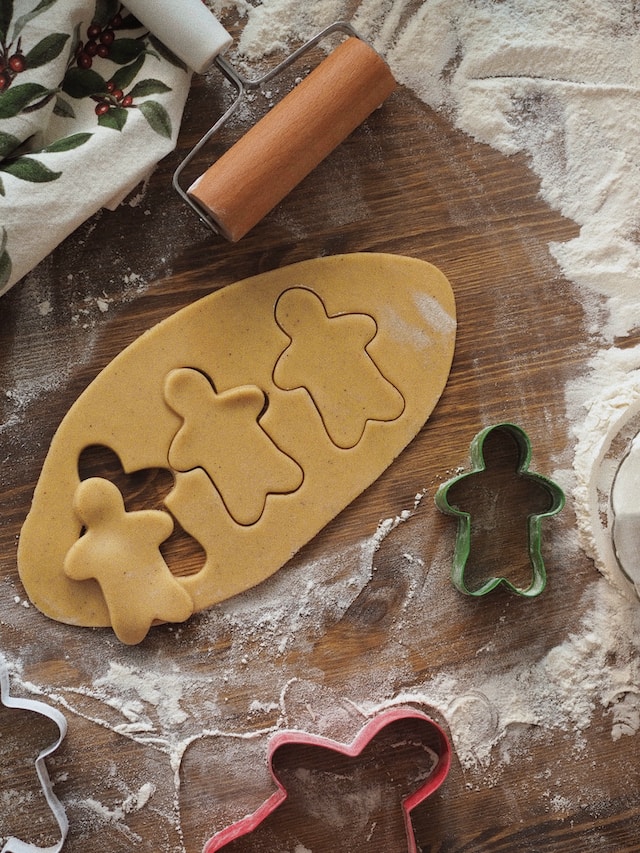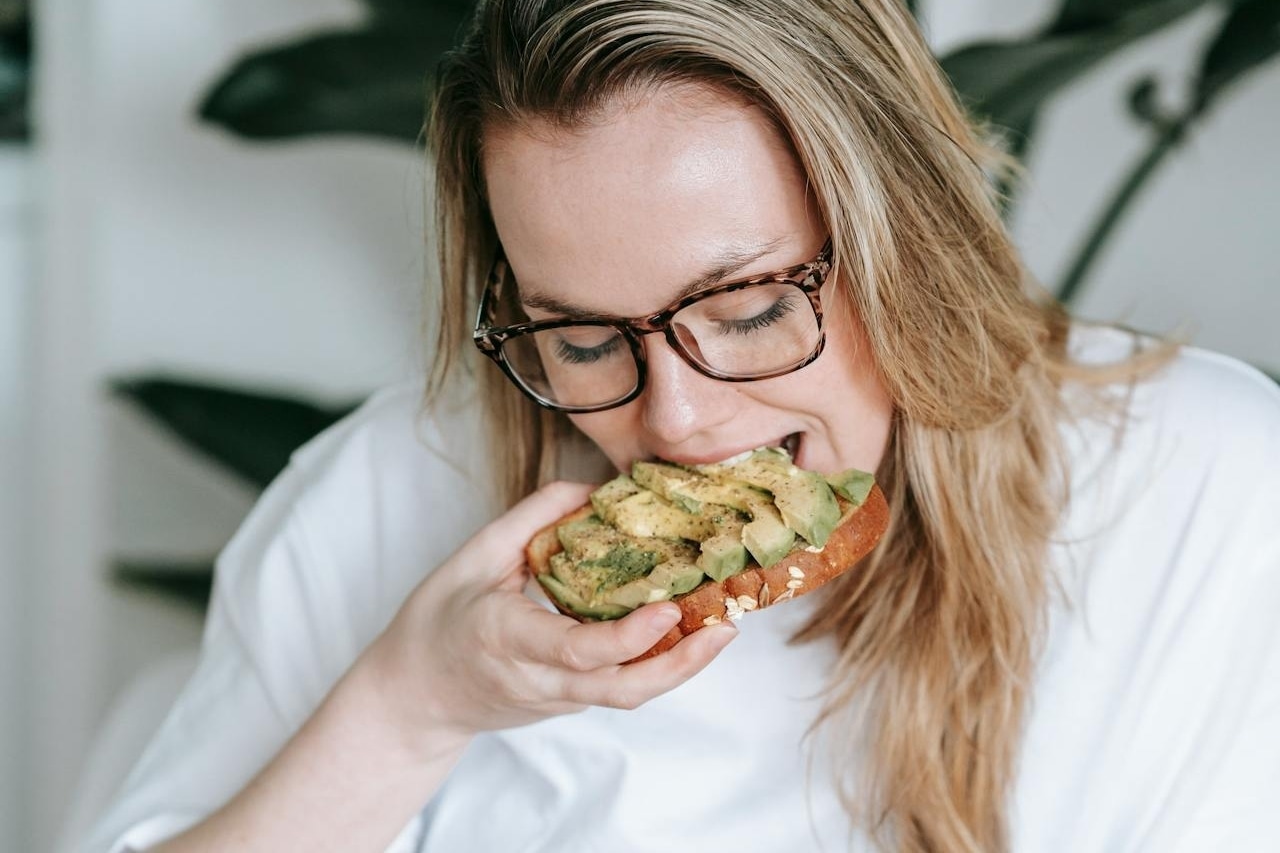Starbucks is ready for warmer weather with a new line of summer drinks that tap into the boba trend with refreshers featuring innovative raspberry-flavored pearls. This new twist aims to merge the playful idea of boba-like pearls with the vibrant, fruity flavors of summer that burst in your mouth.
Simon Vuong, a beverage developer at Starbucks, aimed to encapsulate the quintessential summer experience with these new blue-and-red-hued drinks.
Starbucks
“We started out thinking about summer moments like hanging out by the pool and having a barbecue with friends,” Vuong said in a statement.
“We have never had a blue beverage, but when we first created the recipe, the color really captured the feeling we were going for—reminiscent of long, summer days and bright skies for everyone to enjoy,” Vuong said.
Table of Contents
Summer ‘boba’ drinks at Starbucks
The new limited-time lineup expands Starbucks’ Refreshers line and includes the Summer-Berry, Summer-Berry with Lemonade, and Summer Skies Drink which is made with creamy coconut milk. Each drink is designed to be both visually appealing and deliciously refreshing, featuring wide green compostable straws perfect for the new boba-like pearls.
The pearls are free from animal-derived ingredients and made with water, sugar, calcium lactate, vegetable juice concentrate, and sodium alginate—a gelling agent derived from algae that gives the pearls a distinct texture.
“We started with fruit pieces, but we wanted something even bolder,” Vuong said. “So, we thought, ‘Let’s put fruit-flavored pearls in the beverage and try it out.’ It’s very fun the way it delivers the flavor when it pops in your mouth.”
Often added to tea, boba is traditionally made from tapioca and comes in various forms, including the traditional black pearls and fruit-flavored options. When the tapioca balls are added to cold beverages, their texture becomes more chewy, transforming the beverage into a multisensory experience.
While boba tea originated in Taiwan in the 1980s, the beverage has gained popularity in the United States in recent months, particularly among younger generations. In fact, the US market for boba tea was valued at approximately $434 million in 2022 and is projected to grow to $751 million by 2030. One survey found that 94 percent of respondents aged 20-29 purchased a boba tea within a three-month period in 2021.
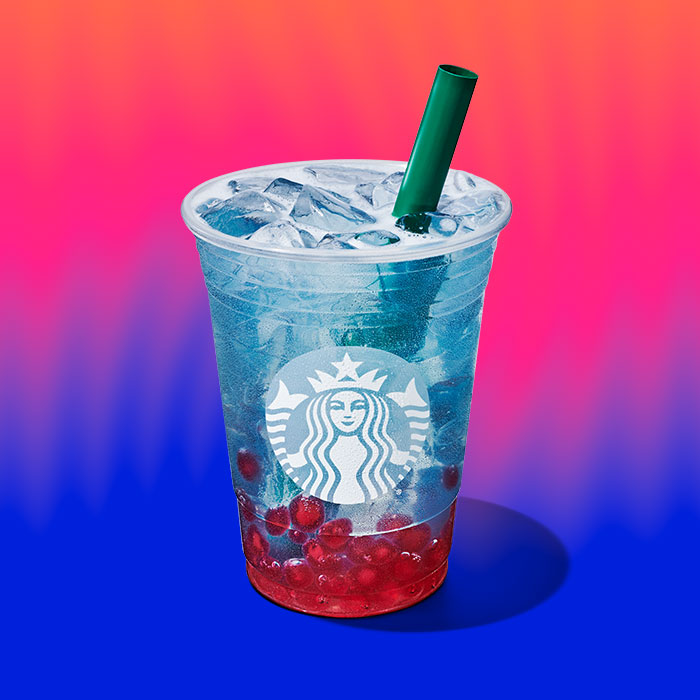 Starbucks
Starbucks
By introducing its new beverages, Starbucks is tapping into the boba trend in a new way. Adding its own spin with the bursting raspberry-flavored pearls while keeping the beverages dairy-free is also a move to appeal to younger demographics, who continue to opt for plant-based beverages.
Dairy-free at Starbucks
Starbucks Refreshers are a cooler alternative to traditional coffee drinks, with a hint of fruit-infused rejuvenation. First added to the Starbucks menu in 2012, these beverages blend fruit juices and green coffee extract for a subtle caffeine boost, offering a refreshing alternative during the warm summer months.
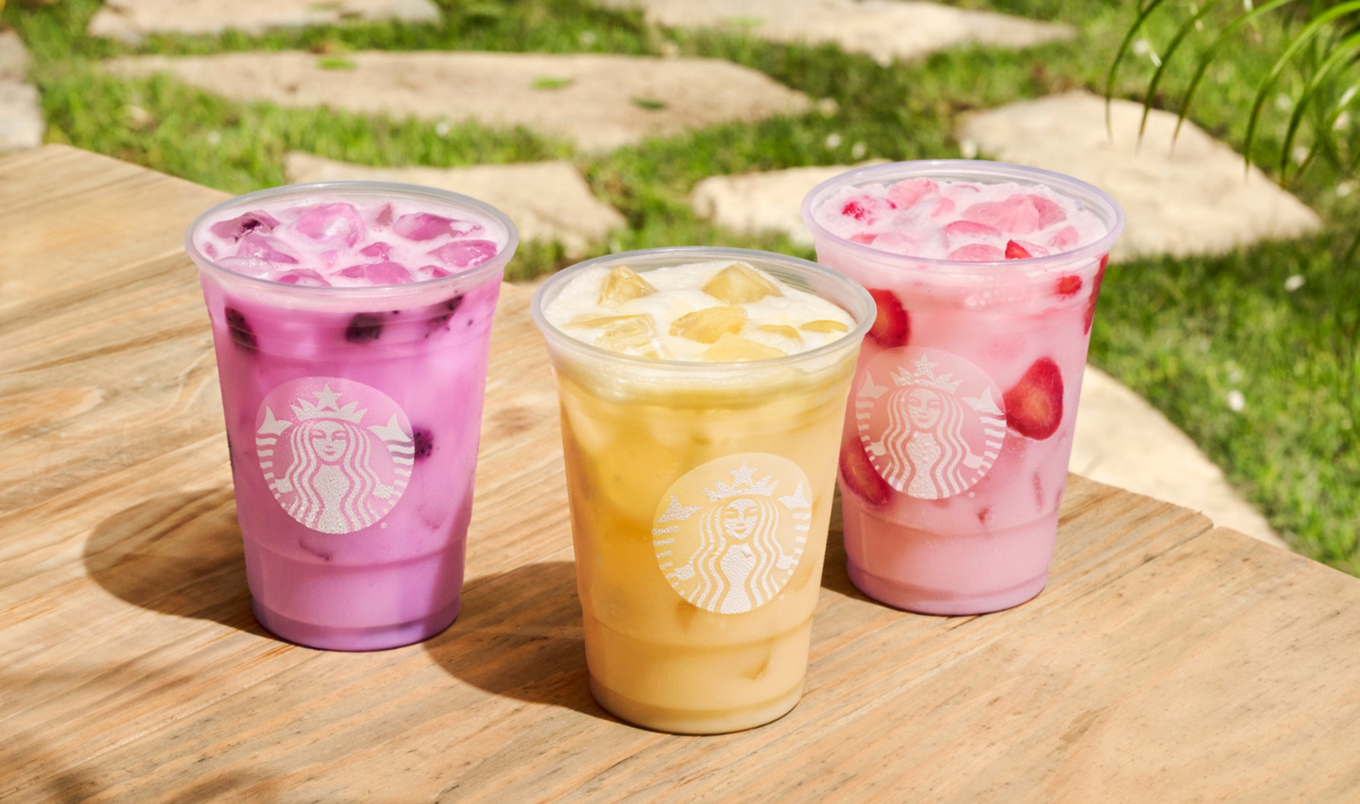 Starbucks
Starbucks
Over the years, Starbucks has tapped into the most popular ways its customers order their beverages. In 2017, the coffee chain added the “Pink Drink” to its menu after noticing customers were adding coconut milk instead of water to its Strawberry Açai Refresher for an Instagram-worthy treat. In 2019, the company continued to keep its ear to the ground and added the Dragon Drink to its menu, another popular coconut milk customization, this time to the limited-edition Mango Dragonfruit Refresher.
Throughout the years, Starbucks has evolved its menu to include other dairy-free milks, expanding on coconut with almond and oat milks. And recent seasonal beverages—such as the fall Apple Crisp Oatmilk Macchiato—have been crafted around dairy-free milks. This move both serves its consumer demands and helps put a dent in its carbon footprint, which is mostly driven by dairy.
Starbucks operates more than 35,000 outlets globally and aims to become a resource-positive company by 2030. The coffeehouse giant is implementing several initiatives to help it get there.
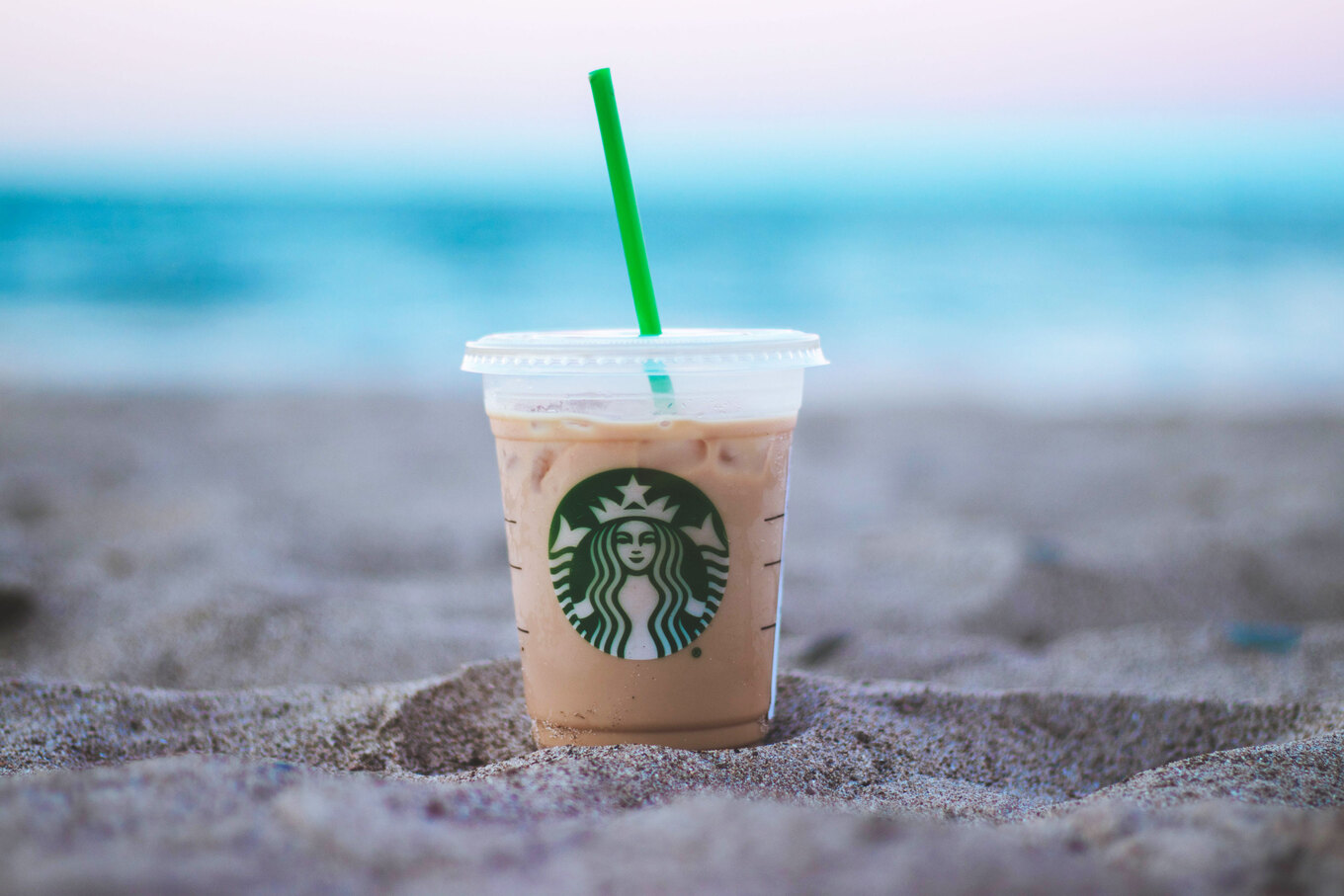 Starbucks
Starbucks
In the United Kingdom, France, Germany, and other international outposts, Starbucks has dropped its charge for substituting dairy-free milk into certain beverages. It is also in the process of moving toward reusable cups and other waste-cutting initiatives.
However, Starbucks has received widespread criticism for continuing to charge upwards of 80¢ per beverage at its US outlets—where it operates more than 17,000 locations, the bulk of its stores—creating a barrier for customers to enjoy more eco-friendly options.
Competing, albeit smaller, chains such as Caribou, Blue Bottle, and Stumptown have all dropped their initial dairy-free milk surcharges, with the latter two further encouraging eco-friendly choices by making oat milk the default.



